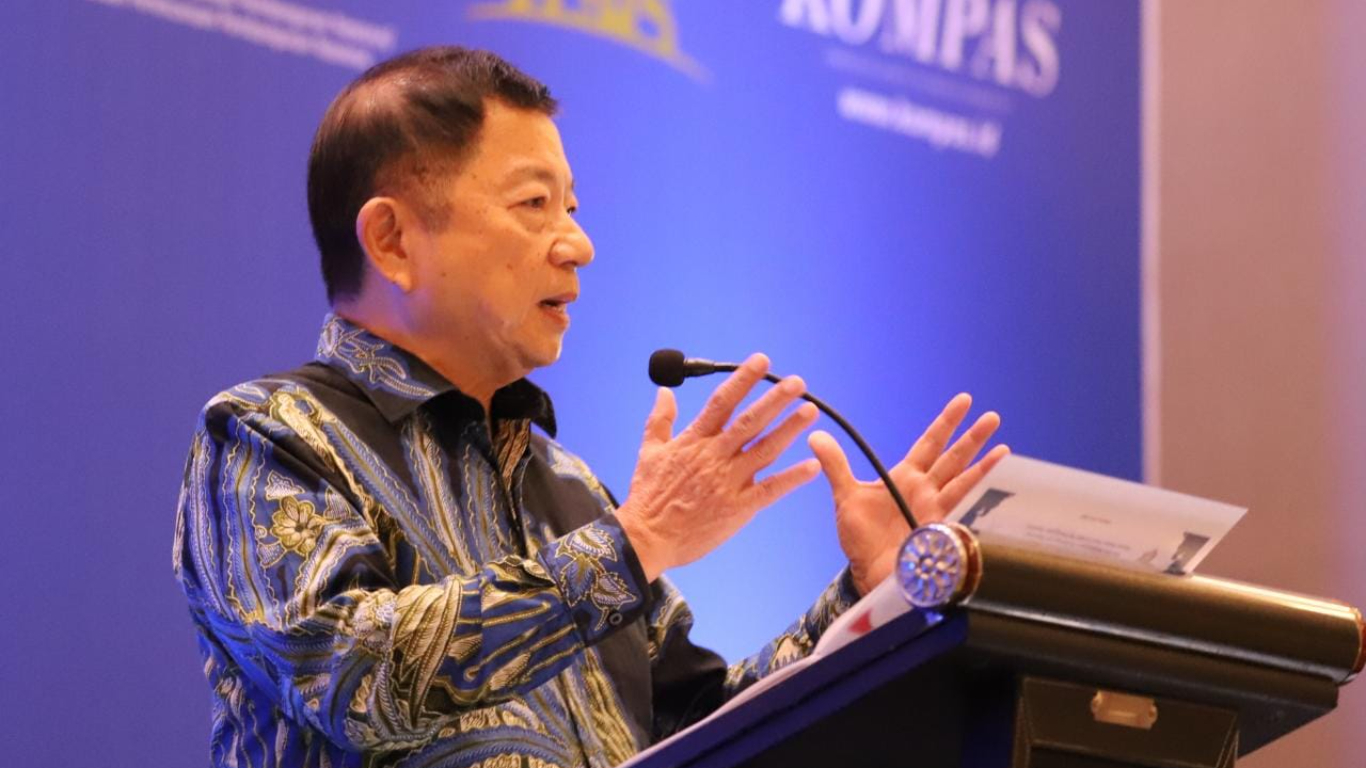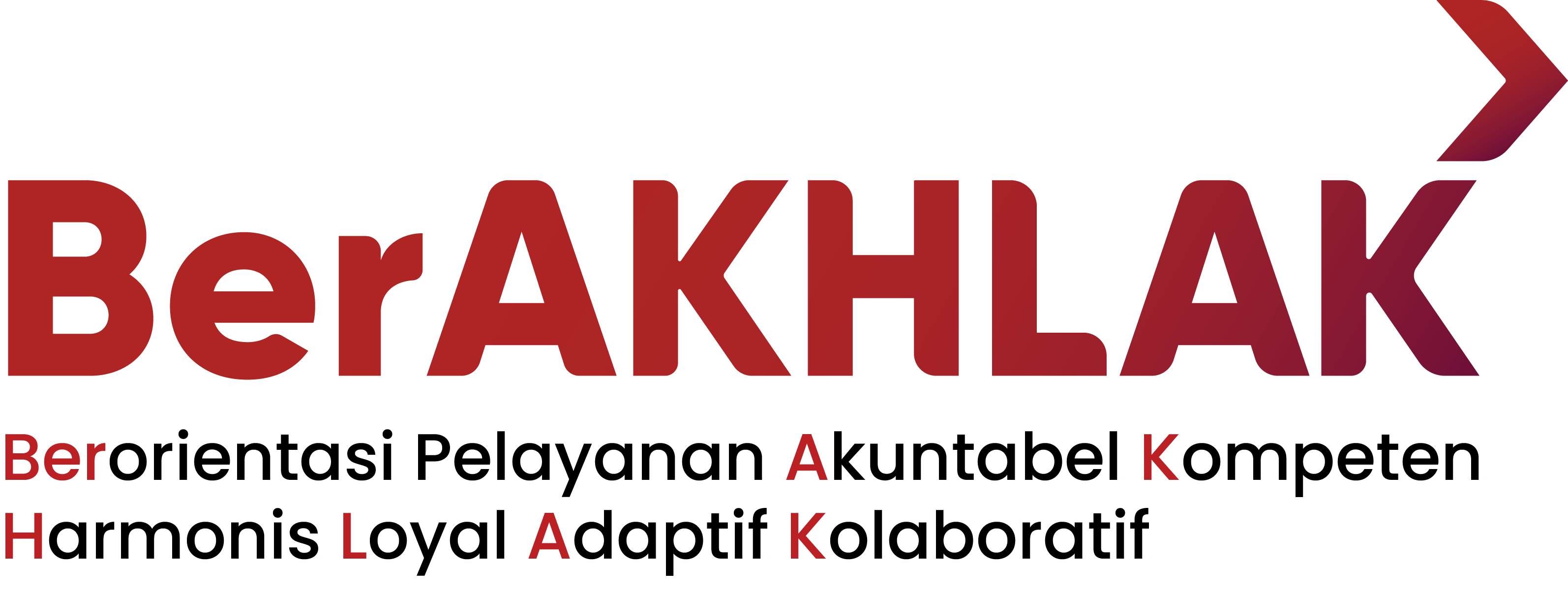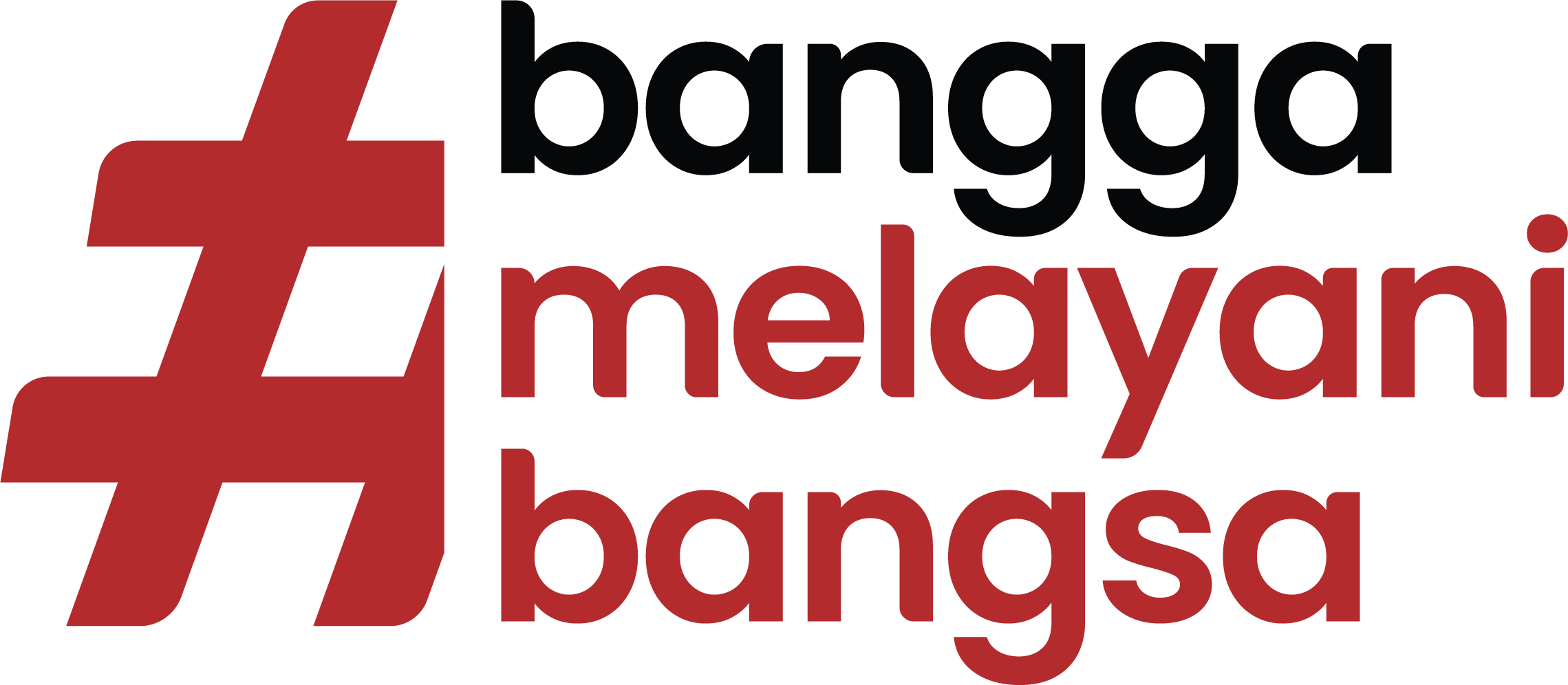Bappenas Outlines Priority Industries of 2025-2045 RPJPN
Prime News - Mon, 05 June 2023

JAKARTA – The Minister of National Development Planning/Head of Bappenas Suharso Monoarfa emphasized that the Indonesia 2045 Vision, which encapsulates a sovereign, advanced, and sustainable archipelago, will only be realized through industrial progress that is in harmony with the increasing welfare of the Indonesian people.
In the initial draft of the 2025-2045 National Long-Term Development Plan (RPJPN), Indonesia has identified a number of priority industries to respond to industrial and economic challenges, especially in realizing Indonesia’s goal to become a high-income country in the next 15 to 17 years.
“Indonesia’s Gross National Income (GNI) per capita needs to be increased to USD 30,300 in order for us to become a developed country,” explained the Minister during the ‘Indonesia Forward, Prosperous Society’ focus group event organized by Bappenas and Kompas Daily on Monday (5/6).
The 2025-2045 RPJPN stipulates five priority industrial groups. These include natural resource-based industries (including agro-based industries based in agriculture, plantations, and forestry), downstream-based mining industries, marine resource-based industries, basic chemical and metal industries, medium-to-high technology industries (including shipping, aerospace, automotive, and transportation equipment), defense industries, medical device industries, chemical and pharmaceutical product industries, machinery and equipment industries, and electronics industries.
Other industries include the sustainable consumer goods industry (including food & beverage), textile and textile products industries, the footwear industry, and innovation and research-based industries (namely bio and biotechnology).
“We must direct the industrial sector to be able to produce more complex products, and this is our industrialization strategy going forward,” said the Ministry of National Development Planning/Bappenas’ Deputy of Economic Affairs Amalia Adininggar Widyasanti.
Industrialization is carried out according to regional characteristics, divided into seven economic corridors, namely the Sumatra Economic Corridor (natural resource-based industries and Indonesia’s western blue economy hub), the Java Economic Corridor (innovation, research, and technology-based industries), the Bali-Nusa Tenggara Economic Corridor (the gateway for the archipelago’s tourism and creative economy), the Kalimantan Economic Corridor, the Nusantara Economic Superhub, the Sulawesi Economic Corridor (supporting the Nusantara Capital City’s economy and natural-resource based industries), the Maluku Economic Corridor (Indonesia’s eastern blue economy hub), and the Papua Economic Corridor (basic chemical and agro industries).
“There exists a comparative advantage, there is also a competitive advantage that accompanies it, industrial centers are evenly distributed, according to their potential and their strengths,” Minister Suharso concluded.


